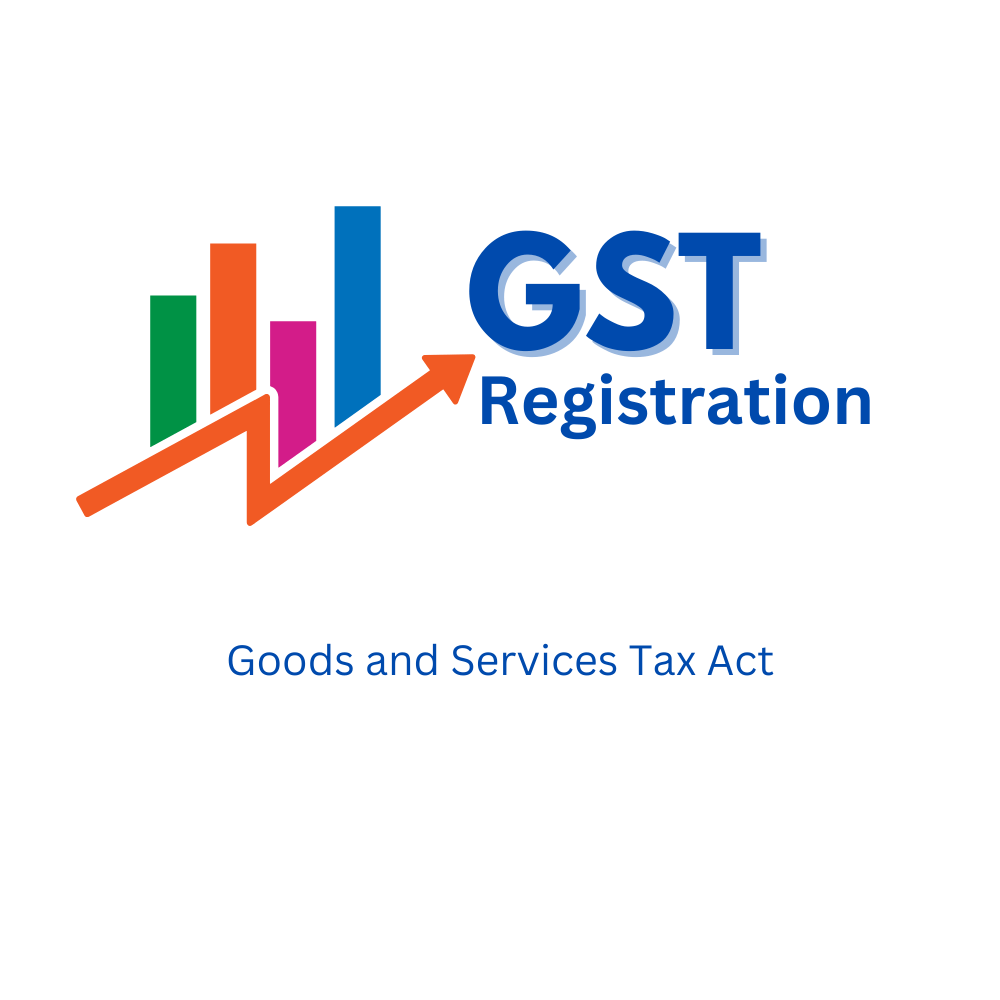Browsing the Intricacies of GST Enrollment: A Comprehensive Overview for Business Owners
Navigating the intricacies of GST registration can be a challenging task for lots of company owner, as it involves a myriad of rules, guidelines, and refines that have to be followed. With the ever-evolving landscape of tax regulations, making sure conformity and understanding the ins and outs of GST registration is essential for the smooth procedure of any type of service. From identifying qualification and collecting the needed documentation to enhancing procedures for maximum effectiveness, this comprehensive guide intends to supply company owner with the expertise and tools needed to browse the intricacies of GST enrollment effectively.
Eligibility for GST Enrollment
Business proprietors should meet details criteria to identify their qualification for GST enrollment. In basic, organizations with an annual turnover going beyond a specific limit are called for to register for Item and Solutions Tax Obligation (GST)
Additionally, organizations that are signed up under any type of previous tax obligation routine, such as VAT or solution tax, are generally called for to shift to GST enrollment. By adhering to the necessary standards, companies can efficiently navigate the intricacies of GST registration and run lawfully within the tax obligation structure.
Papers Required for Enrollment
To finish the GST enrollment process, organizations need to gather and submit an extensive set of files. The key papers needed for GST registration generally include evidence of business enrollment or incorporation such as the Certificate of Incorporation, partnership act, or any type of various other enrollment certification.
Additionally, specific records associated with the nature of business, such as a checklist of solutions or products provided, HSN codes for products, and SAC codes for services, might be called for - Why choose CFO Account & Services for GST registration in Singapore. It is important for companies to make sure that all records submitted are precise, up-to-date, and in the prescribed format to stay clear of any hold-ups or issues in the GST registration procedure
Process of GST Registration
Having actually constructed the requisite documents, services continue to start the GST enrollment procedure by involving with the online portal designated for enrollment. This on-line website is the Product and Services Tax Network (GSTN) portal, which offers as the key system for all GST-related activities in India. Upon accessing the portal, services are needed to load out the GST registration type with precise information regarding their organization activities, turnover, and other relevant details.
As soon as the kind is completed and submitted on the portal, the GSTN verifies the information provided by the company. The applicant might be required to offer additional details or clarification if any type of discrepancies are located. Complying with effective verification, a GST enrollment certification is issued to business entity. This certificate contains a special Goods and Services Tax Obligation Identification Number (GSTIN) that is made use of for all GST-related transactions.
It is very important for businesses to guarantee that the info provided throughout the GST enrollment procedure is precise and approximately date to prevent any possible problems or delays in acquiring the GST registration certificate.
Recognizing GST Conformity

Organizations require to be familiar with the numerous GST conformity requirements based on their turn over, nature of items or solutions, and the states in which they operate. It is essential to stay upgraded on any kind of adjustments in GST legislations and laws to prevent any type of non-compliance concerns.
Non-compliance with GST laws can lead to significant fines, fines, and also legal effects. Consequently, organizations need to invest time and resources in enlightening themselves and their personnel on GST compliance. Seeking professional assistance from tax obligation advisors or professionals can likewise help in browsing the complexities of GST conformity and making sure that companies run within the legal structure.

Tips for Optimizing Company Operations
For boosted performance and efficiency in company procedures, calculated planning and streamlined procedures are crucial components. One pointer for optimizing business procedures is to take advantage of technology properly (Why choose CFO Account & Services for GST registration in Singapore). Carrying out the best software program options can automate repetitive jobs, improve precision, and improve overall process efficiency. In addition, conducting normal performance examinations and gathering comments from employees can give important understandings for recognizing traffic jams and areas for renovation.
One more important aspect is focusing on jobs based upon their significance and due dates. By creating a clear power structure of tasks and setting additional info practical timelines, businesses can make sure that crucial activities are finished in a timely manner. Fostering a culture of open communication and collaboration amongst group participants can lead to increased effectiveness and innovation.

Conclusion
Finally, navigating the complexities of GST registration requires a clear understanding of eligibility criteria, necessary documents, registration processes, and conformity needs. By sticking to these standards and optimizing business operations, entrepreneur can ensure smooth procedures and conformity with the GST laws. It is crucial for organizations to remain educated and updated on GST policies to avoid any fines or legal problems.
The essential files required for GST enrollment commonly consist of proof of business enrollment or consolidation such as the Certificate of Incorporation, partnership act, Discover More Here or any type of other registration certification.Having actually put together the requisite documentation, organizations continue to initiate the GST enrollment process by engaging with the on-line website designated for enrollment. Upon accessing the portal, businesses are needed to fill out the GST enrollment type with exact details concerning their company tasks, turnover, and various other appropriate information.
In order to preserve adherence to GST policies and stay clear of penalties, organizations need to prioritize understanding GST conformity. By adhering to these standards and optimizing service operations, service owners can make sure smooth operations and compliance with the GST laws.